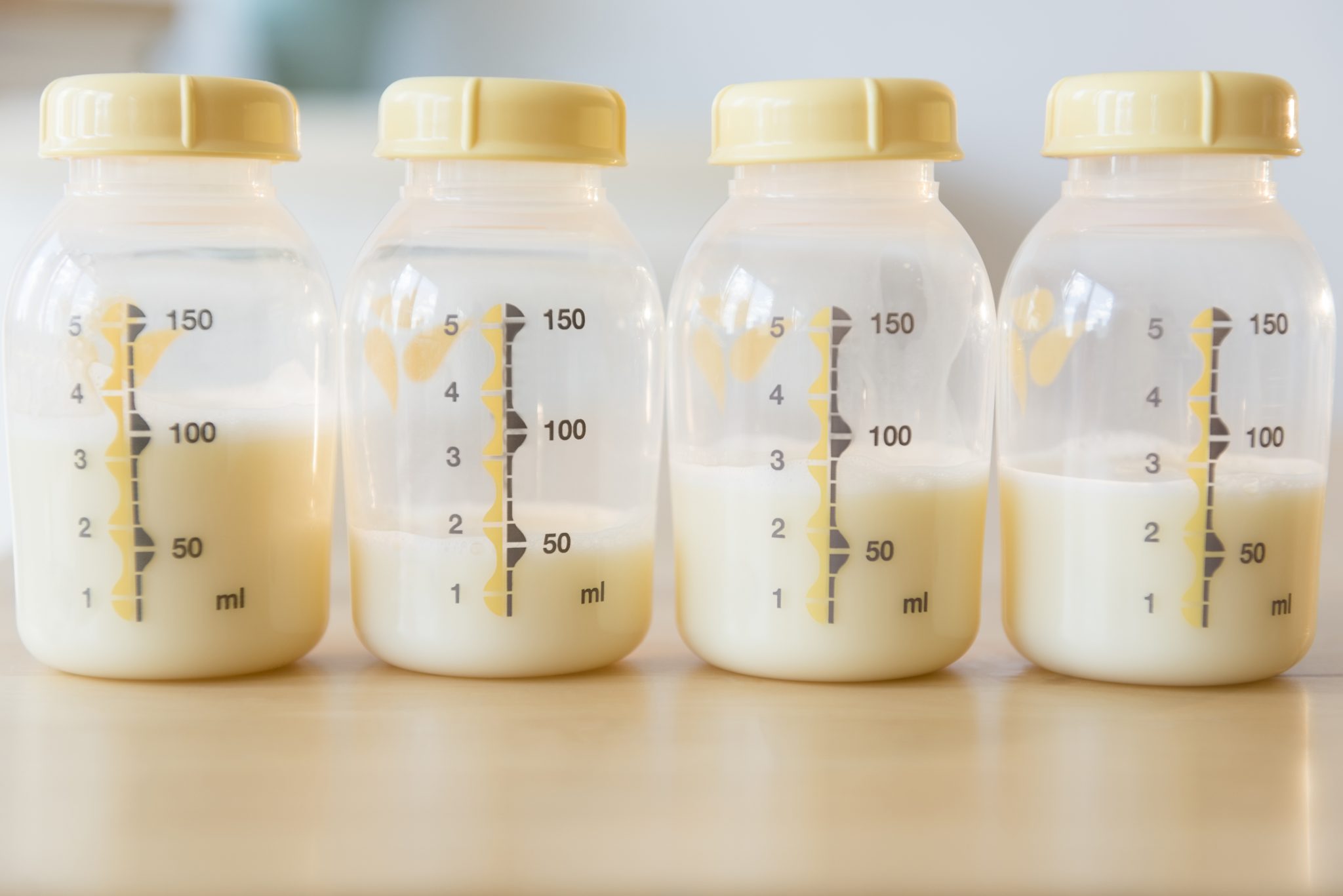What you should know about breast milk donations

Breastfeeding is one of the best things a mom can give her baby. The Centers for Disease Control and Prevention recommends breastfeeding your baby for at least one year.
However, breastfeeding does not always come easy. For example, there are some health conditions that may cause a mom to be unable breastfeed.
If your goal is to provide breast milk to your baby but you can’t produce, you still have an option. Some mothers produce more milk than their babies need. Known in the breastfeeding world as over suppliers, many of them offer other mothers the benefit of this liquid gold by donating their milk.
Milk banks are medically supervised organizations. Their objective is to supply milk by prescription to babies in neonatal intensive care units (NY Milk Bank, 2019), but they may also assist mothers who are in need of breast milk if enough milk is available.
Sounds amazing, yet scary. Right?
Don’t worry. There is a thorough screening process for moms who donate breast milk.
Milk donors are screened for health concerns and many disease processes. They are also screened for drug and medication use. Donating moms are also subject to a blood test to rule out many transmittable diseases.
What if you want to donate? Search for local milk bank centers. Conduct your own research on your local organization’s protocols and regulations, as every region is different. Given the times, regulations will vary.
Also search for organizations like Human Milk 4 Human Babies, whose goal is to connect with families who are interested in the milk donating process.
Always use a reputable center when obtaining donations.
Even though milk banks may not be the ideal situation for some moms were, providing breast milk to your baby has so many health benefits for both mom and baby.
It is worth the try.
Vicky Rene is a Certified Lactation Counselor based in New York.
